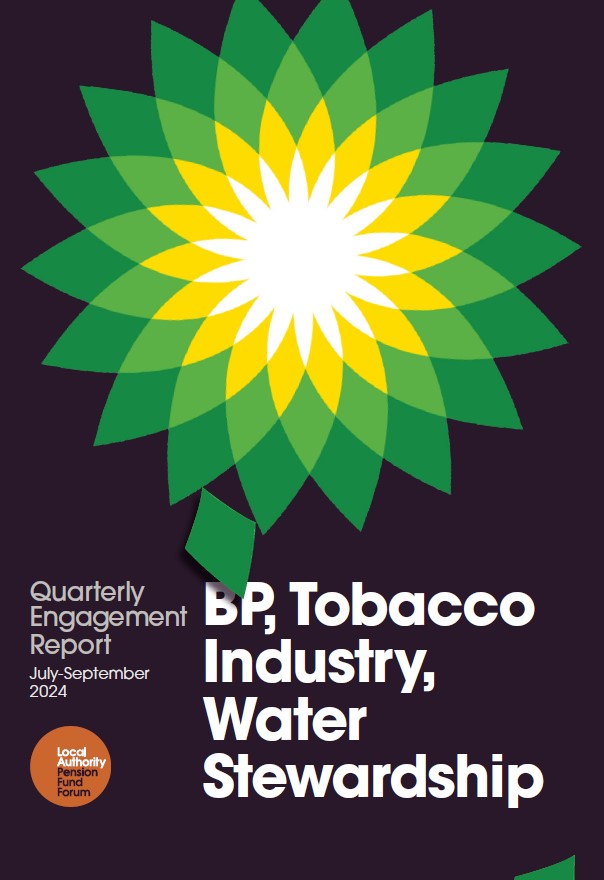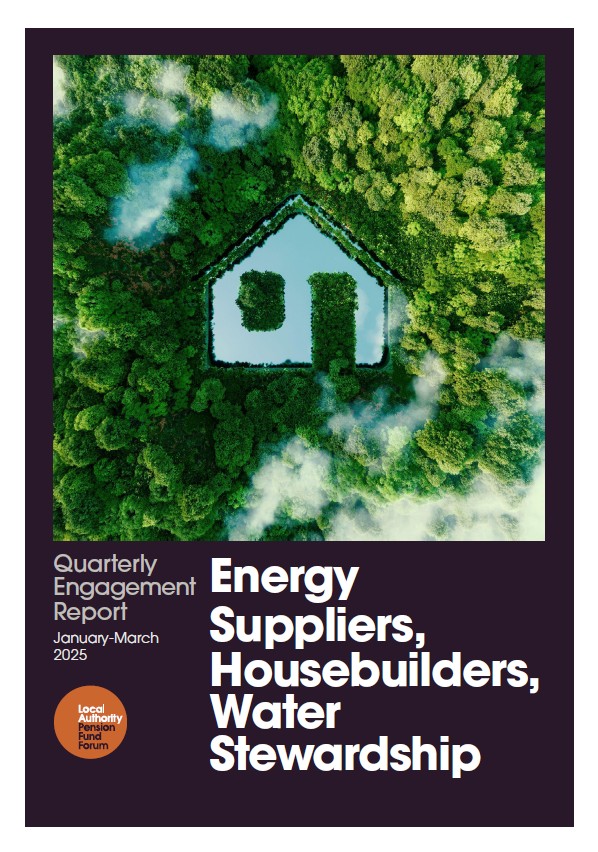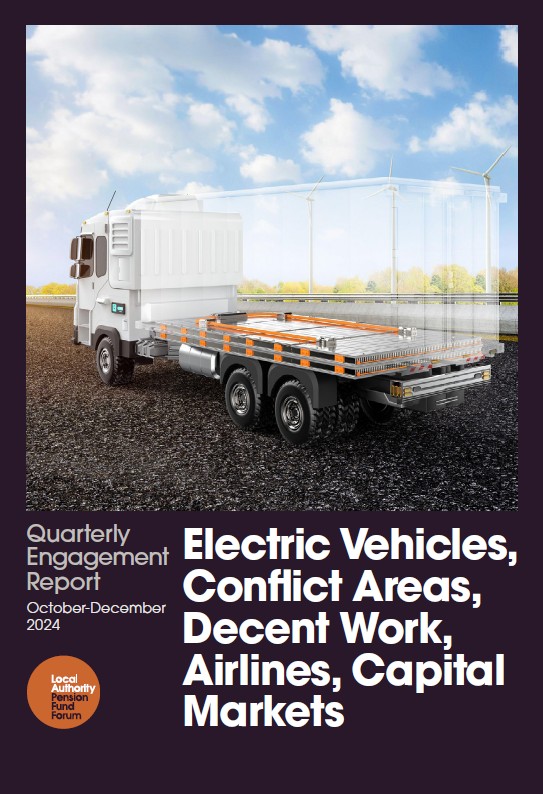Climate change brings risks that we need to manage. It is important to us to have a clear, progressive and appropriate plan in place.
We are all aware of climate change and the challenges it creates for us as a world. It doesn’t just threaten the quality of our day to day lives but is a risk to virtually every sector of business and the world’s economy.
We can limit the rise in global temperature to 1.5 degrees Celsius above the level it was at the start of the modern industrial era if we all start to reduce greenhouse gas emissions drastically now. This target is the ambition of the Paris Agreement on climate change, which is a landmark international agreement adopted by nearly every nation in 2015. It includes a commitment to cut greenhouse emissions to achieve a zero emissions world by 2050.
The world needs to shift its reliance from fossil fuels like oil, gas and coal to renewable energy sources like solar, wind and geothermal. This ‘energy transition’ needs investment, and pension funds like us can help with this.
We have focused our approach on three objectives. The first is to invest directly in companies that provide renewable energy or whose core purpose is to develop technologies linked to tackling climate change. The second is to use our influence as a shareholder to drive change within a company we invest in, ensuring they are transitioning to carbon neutral status. The third is to move money from some of our existing investments into lower carbon or carbon neutral investments.
We believe achieving these objectives will give us strong investment returns and the ability to drive positive change, helping us reach our goal of ensuring all our investments meet the ambitions of the Paris Agreement.
Find out more about our engagement work from the publications below:
Could climate risk affect how much I receive from my LGPS pension?
No. The LGPS is what’s called a ‘defined benefit’ pension. The scheme rules define the benefits you receive, and they follow a set calculation. The performance of our investments does not affect this.
We invest all the contributions we receive from members and employers to help fund the pensions we pay now and in the future. Achieving a good return on our investments means we can keep employer pension contribution rates low and stable. Investing is done at a whole fund level and is not linked to your pension pot.
Why not just disinvest from those investments that are currently high in carbon emissions?
We believe we have a responsibility to everyone who would be affected if we were to disinvest suddenly. We think we should move to a carbon neutral position responsibly. The industry refers to this as carrying out a just transition.
People’s livelihoods could be affected if we were to withdraw our investment in a company suddenly. It could affect those workers directly employed by that company and their local community or people working for other companies who rely on them.
If new investors were to take our place, there is no guarantee they would place the same amount of importance on climate change matters as we do. Therefore, we prefer to use our influence as a shareholder where we believe this will deliver results, rather than completely withdrawing our investment.
We have signed up to the investing in a just transition initiative. This initiative, by the London School of Economics and Political Science, is to support investors like us to make decisions and take actions that will be in the best interests of workers and communities while achieving carbon reduction targets.
Is investing in energy, gas and oil companies the right thing to do?
This is a difficult decision. These companies are central to our world economy and at the forefront of investing in the new and renewable energies and technologies we will all need to transition to a lower carbon world. It is unlikely that the world will complete its transition to new energy sources in time if pension funds and other investors don’t invest in these companies and help them achieve this.
So, although you might initially think this is the wrong thing to do, we believe that done responsibly it is one of the ways we can help to support, influence and accelerate work to achieve the energy transition.
Is this approach and the work done so far making a difference?
We currently have direct investments in renewable energy companies, including wind farms and biomass plants. We also have investments in companies whose work is to support the energy transition, including a company that installs electric vehicle charging points. Our research shows that our shareholder engagement is working. The companies we invest in are achieving significant reductions in carbon emissions and are adopting robust net-zero strategies and plans. Our investment in low carbon companies is providing a good return while reducing our exposure to carbon emissions.
What can I do to support this work?
There’s lots you can do. Firstly, you can take steps to reduce your carbon footprint by making changes to your shopping and lifestyle habits, such as buying locally grown produce, cycling or taking public transport rather than driving and buying responsibly made clothes. There are lots of websites available with tips and information to help you to do this.
Secondly, you can write to your MP to call on the government to strengthen its commitments to addressing climate change. You can call on them to:
- Increase the amount of government spending allocated to addressing climate change
- Set a UK 2050 net zero emissions target and create a plan for achieving this target, with a clear decarbonisation roadmap for each carbon intensive sector
- Create incentives for industry and businesses to follow these roadmaps, and remove or change policies that do not align with the objectives, such as removing fossil fuel subsidies
- Ensure future economic plans support the transition to net zero emissions and enhance our ongoing resilience
- Make it mandatory for all companies, banks and investors and disclose climate related financial risk, so there is consistent and reliable information available, and we can all know whether we are on track for meeting the target




